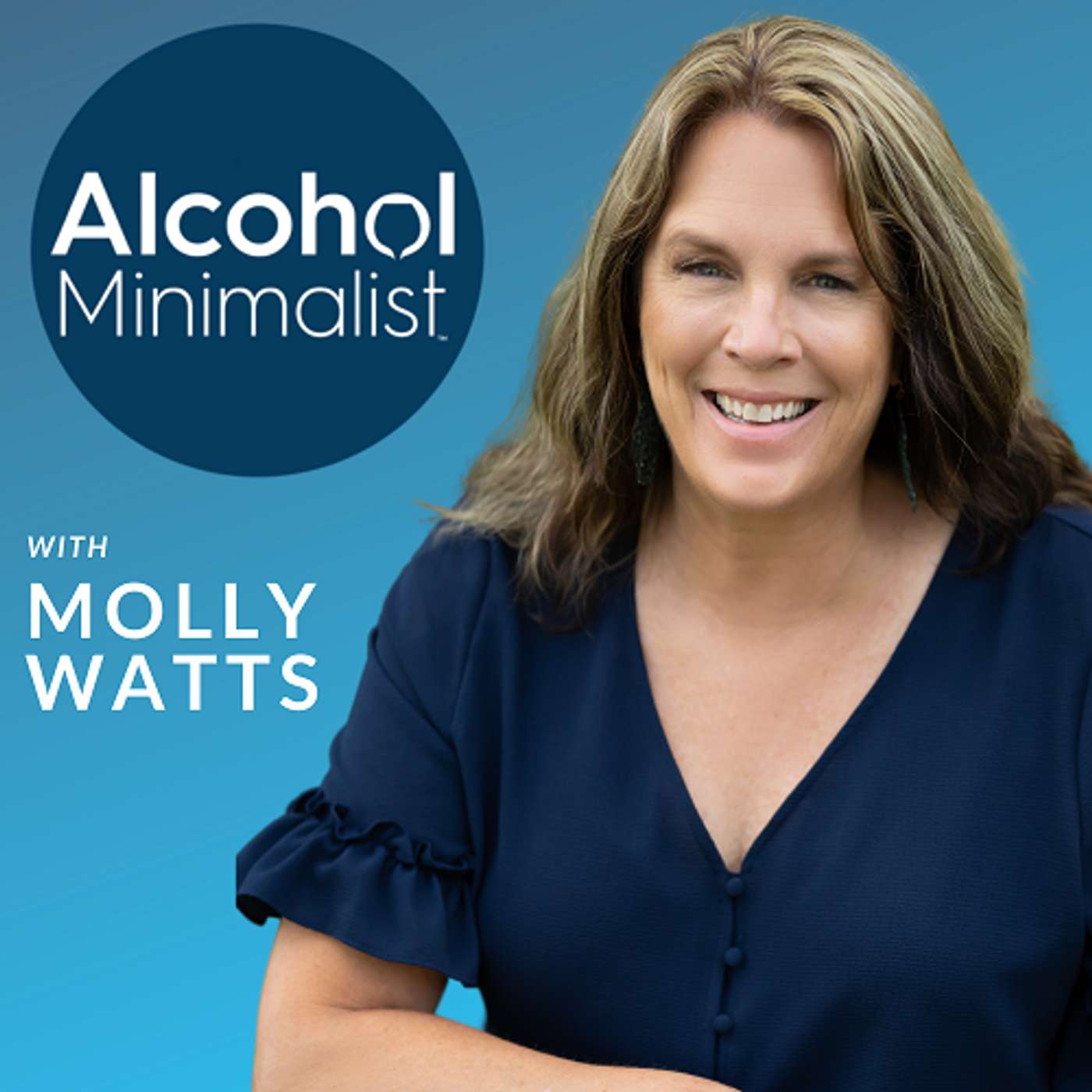
Alcohol Minimalist: Change Your Drinking Habits!
Should You Be Taking A 30-Day Break from Alcohol?
14 Oct 2024
This week on the show I'm talking about how my typical advice of "doable drink plan" and meeting yourself where you are can coexist with a 30-day challenge like Sober October. I'm clearing up any confusion as to whether or not I think there is any harm in doing a 30-Day AF break (hint: no, in fact it's really good for you for many reasons). We'll talk about the difference between using willpower and setting yourself up for the all or nothing mentality which is really when a 30-day challenge goes askew. No matter what you're doing for More Sober October, listen in to make the last half of the month even better! Links to all the Sober October Series:Episode 144: Buffering with AlcoholEpisode 146: Reluctance and Resistance to Change Your DrinkingEpisode 147: Using Curiosity to Change Your DrinkingCheck out Drink-Less Success to further your efforts for More Sober October!New to the podcast? Download the Podcast Listening Guide.Want to schedule a call to talk about how I work with people? Click here for a FREE call. Join my private FB group Alcohol Minimalists here: https://www.facebook.com/groups/changeyouralcoholhabitHas this podcast helped you? Please leave a review.Follow me on Facebook & Instagram: @AlcoholMinimalist Low risk drinking guidelines from the NIAAA:Healthy men under 65:No more than 4 drinks in one day and no more than 14 drinks per week.Healthy women (all ages) and healthy men 65 and older:No more than 3 drinks in one day and no more than 7 drinks per week.One drink is defined as 12 ounces of beer, 5 ounces of wine, or 1.5 ounces of 80-proof liquor. So remember that a mixed drink or full glass of wine are probably more than one drink.Abstinence from alcoholAbstinence from alcohol is the best choice for people who take medication(s) that interact with alcohol, have health conditions that could be exacerbated by alcohol (e.g. liver disease), are pregnant or may become pregnant or have had a problem with alcohol or another substance in the past.Benefits of “low-risk” drinkingFollowing these guidelines reduces the risk of health problems such as cancer, liver disease, reduced immunity, ulcers, sleep problems, complications of existing conditions, and more. It also reduces the risk of depression, social problems, and difficulties at school or work. ★ Support this podcast ★
No persons identified in this episode.
This episode hasn't been transcribed yet
Help us prioritize this episode for transcription by upvoting it.
Popular episodes get transcribed faster
Other recent transcribed episodes
Transcribed and ready to explore now
#2425 - Ethan Hawke
11 Dec 2025
The Joe Rogan Experience
SpaceX Said to Pursue 2026 IPO
10 Dec 2025
Bloomberg Tech
Don’t Call It a Comeback
10 Dec 2025
Motley Fool Money
Japan Claims AGI, Pentagon Adopts Gemini, and MIT Designs New Medicines
10 Dec 2025
The Daily AI Show
Eric Larsen on the emergence and potential of AI in healthcare
10 Dec 2025
McKinsey on Healthcare
What it will take for AI to scale (energy, compute, talent)
10 Dec 2025
Azeem Azhar's Exponential View